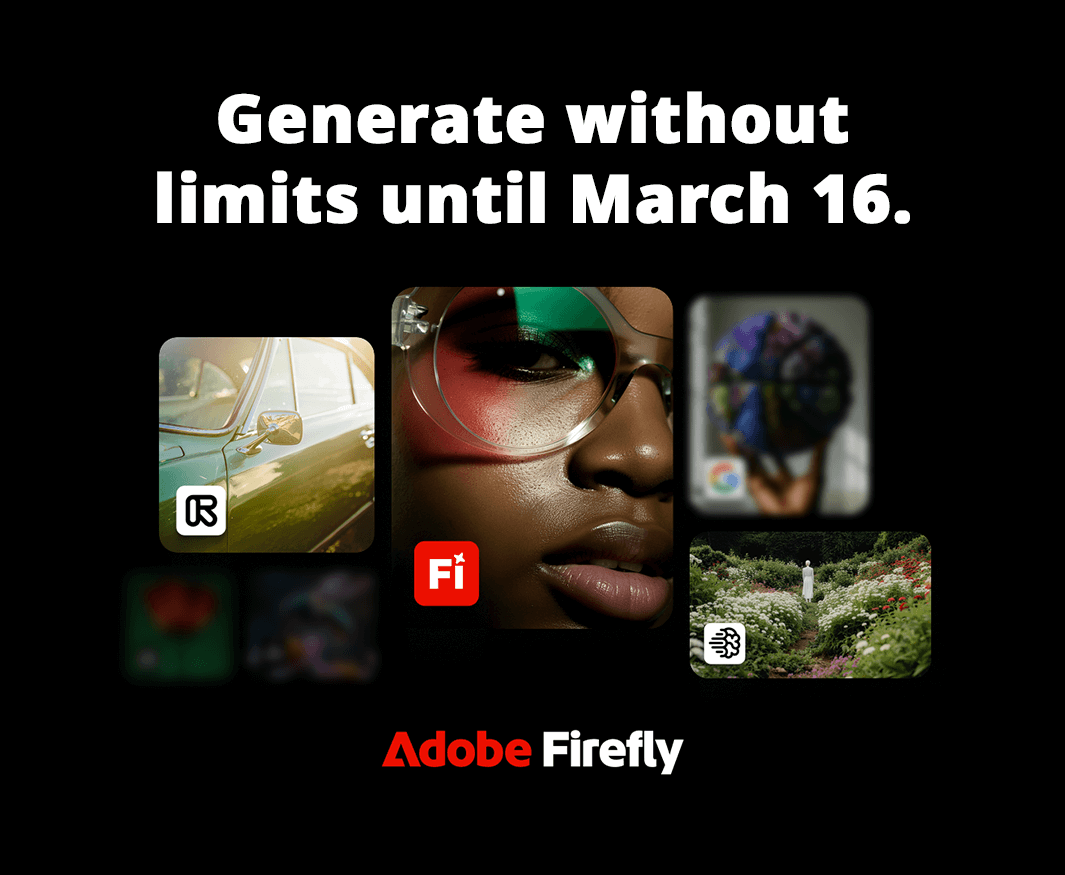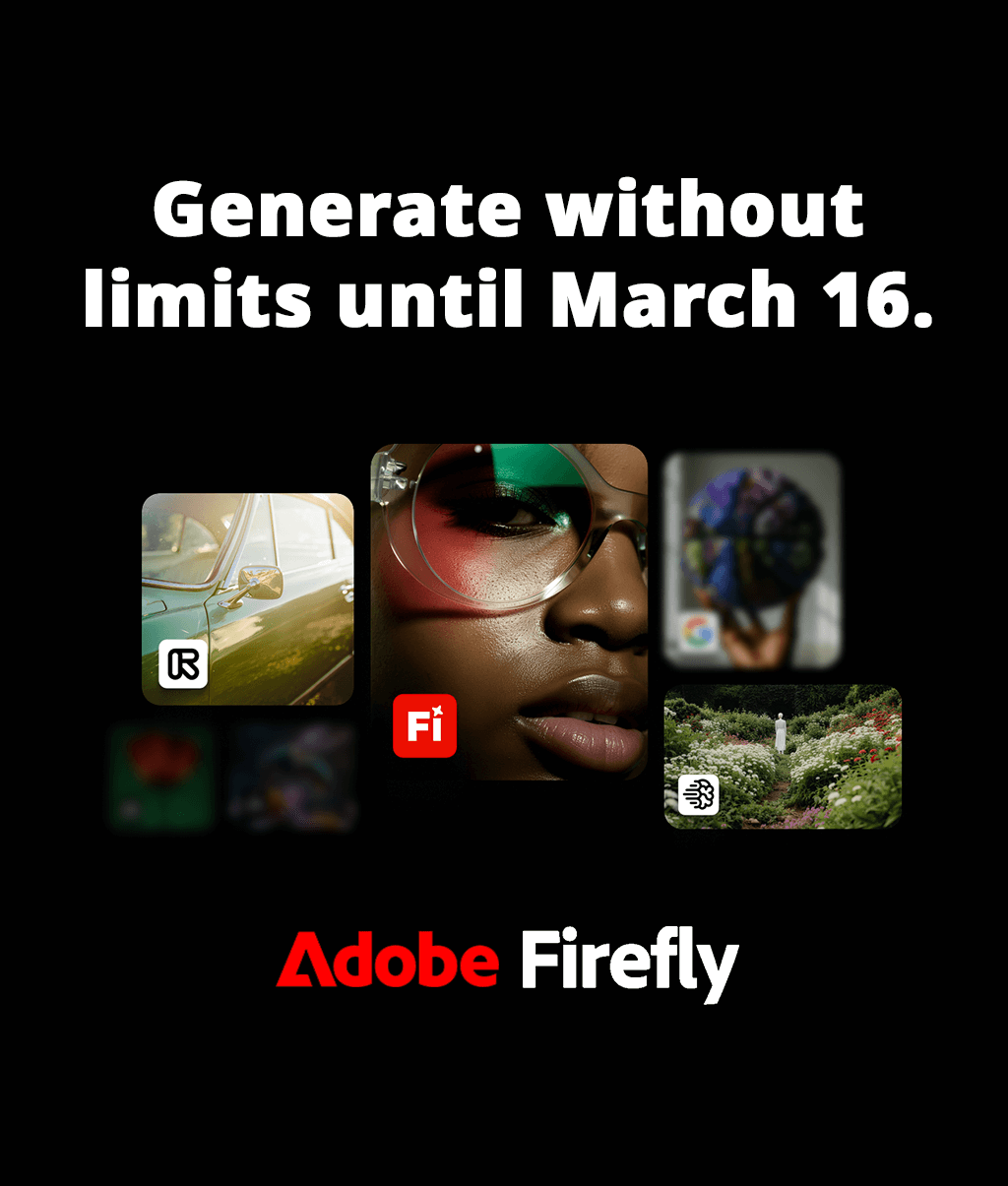Photography Insurance for Photographers in 2026

What Is Photography Insurance and Why You Need It
Similar to any insurance, photography insurance. consists of a monthly or yearly fee intended to protect you from large expenses in case of serious trouble your business encounters. Typically, the compensation covers damages of your equipment, injuries, and lawsuits.
Starting the photography business will require preliminary expenses like purchasing all the necessary gear, developing a website, printing business cards, etc.

As for physical equipment and liabilities, photographer insurance will be covering those, but the pictures are not included and have to be copyrighted.
Adding insurance payments to that long list of expenses might sound unappealing but there may be a time when you will be spared much worry and stress thanks to them.
For some photographers, insurance is also a way of protecting themselves from third-party liability claims. Those can involve bodily or property harm caused by your business operations.
In the event of going through a lawsuit unassisted, you can suffer from both the financial expense of the proceedings and the time spent in court not being able to work, which could potentially bring more damage to your finances than the insurance installments.
- Read more about how to become a photographer
Equipment and Camera Insurance
If you need a photography equipment insurance, turn to a specialized company rather than a general one. The latter might not be capable of covering all your specific risks.
Compensation policies are different even in this field, so take care to specify particular needs before you start searching for the most suitable.
Professional gear is often expensive. Just dropping a lens might bring thousands of dollars of unforeseen expenses. You might count on yourself to be careful but not on everyone else around.
Configuring the right plan for you, insurance companies will require specific information about your field of work. Be sure to discuss that with the company representative because certain photography genres require more expensive camera theft insurance.
For instance, if you’re shooting weddings or otherwise working outdoors, that is considered riskier from the point of view of the insurer. A studio would make you less vulnerable to theft and other incidents.
Photography Insurance Pricing
If wondering about the price, examine this average statistics on insurance for camera gear.

To include equipment in your policy, select the compensation volume corresponding to your level. Any choice will allow you to easily replace the item if it gets damaged. Keep in mind the deduction of $250, though.
To make sure that the photography insurance will actually protect you fully, compile a list of your equipment pieces with prices. If you are a beginner using the most affordable gear it would probably be justified to go for the minimal coverage.
Assuming you only own $1,500 worth of gear you won’t be able to benefit from a $5,000 coverage limit.
In case of having a separate studio, you would rather need a higher limit to secure yourself. The basic rule is to make the compensation roughly equal to the gear worth.
- Check out the best cameras for photographers.
Business Interruption Coverage
Are you sure you can keep the business a float if the studio suffers a fire? If you get the business interruption coverage, it will replace the lost income in case of a covered loss, for example, a fire.
The Insurance Information Institute will ask for the proof of your recent profits for calculating the amount of the coverage. On top of that, you might want to include some of the photography insurance policies described below.
Professional Liability Coverage
In case a professional mistake has brought you to court, this type of coverage can take care of the subsequent expenses. This type can also be called Errors & Omissions, or E&O.
Data Compromise Coverage
In case there is customer data in your system, this compensation will cover major expenses in the case of a leak. Those include notification and credit monitoring for the afflicted customers and legal fees in case the matter is brought to court.
Employment Practices Liability Coverage
For cases when your business hired assistants and they filed a lawsuit claiming discrimination, wrongful termination, or a similar offense, the business insurance will cover expenses of court proceedings and subsequent fines, as the Insurance Risk Management Institute states.
Tips on Getting Photography Insurance
Setting off to find the insurance policy for yourself, devote some time to learning how things work. In the future, it will pay off by providing you with more accurate quotes, reducing fee sizes, ensuringsufficientcoverage, etc. Start with doing these three crucial things and get the best insurance option.
Gather Your Business Information
For the agent to know what policies to offer, you need to provide relevant information about your business. The more details you can present, the bigger the possibility that your risks will be assessed accurately and you will get the proper quote.
Before applying for videography or photography insurance, collect this information about your business:
- Address and contact details
- History and background of the business
- List of equipment pieces and their values
- List of products or services you provide
- Extent of travel required
- Claims history (minimum three preceding years)
- Business leases, if any
Filling in the on-line form, you hold responsibility for the provided data. Collecting the relevant data makes the application procedure smoother even when it involves an agent.
Get Multiple Quotes
Always try to get more than one photography insurance quote because different companies might have different mechanisms of work and, as a result, similar offers might have a different price and coverage.
Another way of finding the best deal is addressing an independent agent who has access to a number of insurance providers and can thus assist you in selecting the best deal.
Be Smart about Your Liability Limits
If it is pretty common among photographers to have their equipment insured as the most expensive and crucial component of their business. But a really smart choice is to include liability coverage into the package as well.
Always Read the Fine Print
Learn more aboutthe procedures of claiming for the compensation, what is required from you and how long will the payout take.
If your business is in full swing, timely replacement of the damage will be crucial.
Each photography insurance has a different deductible amount and you need to make sure it’s reasonable.
Study carefully the whole agreement. Clever wording may disguise some drawbacks so be patient and concentrated to see whether everything is as good as it seems at first glance.
Best Photography Insurance Companies
There is a large selection of companies and plans for insuring your equipment and business. The list below describes the six most suitable companies for entrepreneurs shooting photos or videos.
HISCOX

Founded over a century ago, HISCOX insurance company has a few exclusive offers for wealthier customers that include computer attacks, kidnapping, and satellite damage. They surely work with photographers but it’s reassuring to know that if you indulge in aerial photography one day, you will have thesatellite covered as well.
If you’re only interested in the safety of the equipment, there is the business owner’s policy for you. The coverage consists of $10,000 with a possibility to upgrade the studio equipment. The portable gear can be taken care of as well.
Another highly demanded feature is cyber breach insurance. The company states that the rate for business owners starts from $400 per year and the policy can be custom tailored by their agents.
Professional Photographer’s Association (PPA) Photo Care

The Association has membership fees and some of them, in particular ‘Professional Active’ and ‘Life’, ensure $15,000 compensation. The monthly fee is $28 and you can also payonce a year, but staying with the Association for a decade, you can claim the free ‘Life’ plan.
The PPA insurance covers common breakage of equipment and damage by fire or similar cases. The compensation is calculated from the current value of the claimed gear. The deductibles rise if you claim several times within a year, starting from $250 and adding the same sum for each subsequent claim.
In case your equipment’s value is exceeding the abovementioned coverage, you can increase it up to $100,000 with higher fees. Any member of the association, who has no debts, is eligible for the program. The standard $250 deductible is applicable to all losses.
Insureon

Somewhat less popular if compared to the two previous companies, but Insureon has appealing offers for a photographer, such as general or professional liability, business ownership, umbrella insurance, and others.
Searching for the best camera insurance, use the entrepreneur’s policy that covers both the hardware and the studio.On top of the various equipment and business property, it also includes general liability.
To estimate the cost, prepare to fill in the quote form, but it is likely to be around $500-526. Regardless of the plan, you will have the limit of $2,000,000 but only half of it can be claimed. The deductibles for business owners also vary around $250 on average.
Hill & Usher

While collecting recommendations from fellow photographers, I came across positive comments about the Hill & Usher company. If you were struggling to find camera equipment insurance, they provide any existing kind, and the special packages for media professionals will meet your requirements.
The service you should look at is called ‘Package Choice’ and includes a variety of jobs involving shooting and design. The package includes the most important compensations for shooting equipment and other electronics, including portable, plus liability and personal studios.
The final sum will be defined by the category of services you provide – wedding, commercial, aerial, nature, and portrait, with an even vaster selection of genres available. By that and a few other conditions, your deductibles will be set between $250 and $1000.
It shouldn’t come as a surprise when you are requested to fill in a form for a quote. That and additional information can be found on the official website.
TCP

Smaller than the previous companies, it can still boast of a 40-year history and a good reputation. There are many insurance policies offered by TCP and photography insurance is among them, benefiting from a separate department concentrated at professional videography and photography.
Those, who want to cover general liability and equipment, should count on $500 yearly payments with the option of breaking them into four.
The separate photography policy will include general liability ($2,000,000), short term rent of gear, computers with $25,000 coverage for indoors and $10,000 for the portable ones, portfolio with $100 per image or $2,500 in casing, plus office contents under $3,000.
Same as the previous insurer, this company expects you to request a quote from them and determine deductibles based on the provided information. More can be found on the website.
The Hartford

A rather small but reliable company that has years of experience, providing clients with commercial insurance assistance. The offers are easily adjustable with the help of various industry-specific options and they consider the most common and demanded risks.
A photographer can apply for insurance policy as a business owner and that would include the income compensation in the package. Other important clauses can be added to the photo insurance to take care of digital data safety and cloud service issues. Those, who hire assistants can include employee liability coverage and secure their workers.
Photography Insurance FAQs
Lastly, I will tell you about the most frequently asked questions regarding photographer insurance.
What Insurance Do Photographers Need?
Professionals of this sphere need to protect their assets, so the first thing to do is to get business insurance. Working with people, they need general liability insurance for the cases of injury or damage at a photoshoot followed up by a summons to court. Plus, the valuable equipment needs to be secured as well.
Do Freelance Photographers Need Insurance?
That will depend on the laws of your state because there are those that require freelancers to get a Workers' Compensation Insurance (known as Workman's Comp). Others leave independent contractors and microbusinesses with a certain number of employees out of that group.
Can You Get Insurance on a Camera?
When you’re searching for a camera gear insurance, concentrate on companies that work with photographers. Companies with general policies could struggle to generate a proper policy for your needs. As an option, you can go for equipment insurance to protect your DSLR.
Do You Need Insurance as a Photographer?
In some states, certain transactions need to be protected by a specific kind of insurance. It might also be that you will be asked for insurance to do a photo session at a certain venue.
Are Cameras Covered by Home Insurance?
For some photographers, camera and equipment might already be protected by their general Homeowner’s insurance. In case of the personal property coverage, gear will be protected in certain situations listed in the agreement, usually such as flood or fire.
What Insurance Does a Wedding Photographer Need?
There is no wedding photographer insurance but coverage for shooting gear and especially liability should be enough. The latter is needed to fill up gaps between the structure of your company and the contract protection. With it, the professional will be protected from possible legal arguments and claims.



